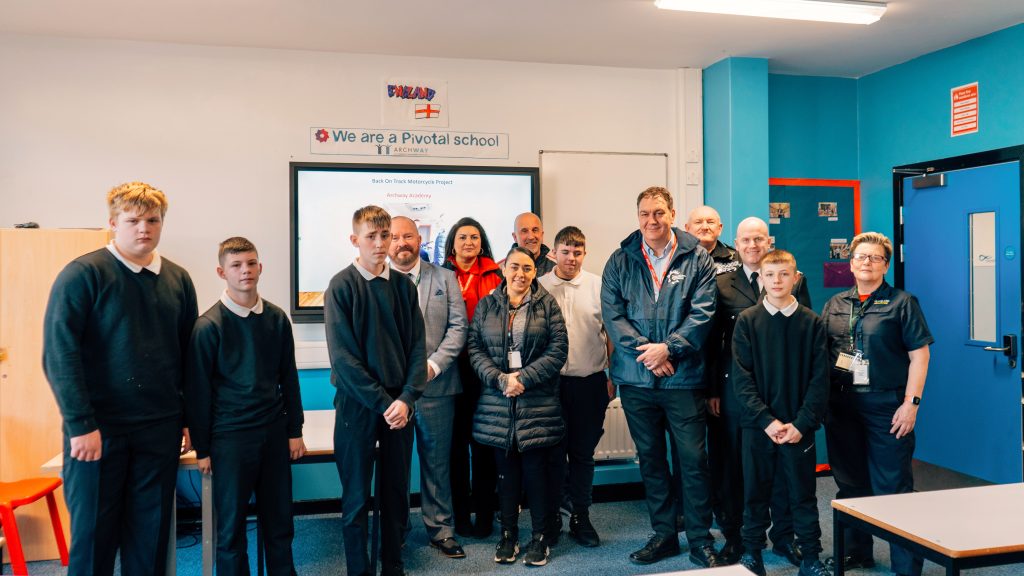PARTICIPANTS on a PCC-backed scheme aimed at educating youngsters on the dangers of problem biking have just “graduated.”
The first seven young people to complete Cleveland Police’s Back on Track pilot have been awarded certificates at a special ceremony at Archways Academy, Eston.
Cleveland Police and Crime Commissioner Steve Turner presented participants with certificates for completing the course.
The certificates are named after the late Martin Dixon. Martin was a blood bike volunteer and friend of course organiser Graeme Small.
Martin died riding a blood bike, whose purpose is to deliver blood where it’s needed most urgently for life-saving treatment.
Both Graeme and Martin’s family supported the idea of creating a project in Martin’s memory, which could help to save the lives of young motorcyclists.
Fatal consequences
The seven-month pilot was launched to help young people understand the fatal consequences of antisocial driving
In addition to showing the dangers, Back on Track encourages participants to take an interest in mechanics and fire safety.
The pilot aims to improve young people’s knowledge about motorbikes and the law. It also teaches participants vital first aid skills so they can help if there’s an accident.
Up to 80 young people from Redcar and Cleveland will be selected by their schools to take part in the pilot. It runs until July.
The aim of the six-week project is to divert young people from dangerous activities and encourage them to demonstrate positive behaviours.
As part of the pilot, young people also have the chance to design their own helmet and take part in a karting track day.
All participants on the course knew a young person, who lost their life in a collision riding off-road bikes in the pilot area.
To stress the safety message, all of those taking part had to pledge not to ride a motorbike while on the course.
Back on Track has been funded with £24,0000 from the Office of the Police and Crime Commissioner (OPCC) and a further £2,000 from all four boroughs in the force area.

A positive influence
Steve Turner said: “By speaking to residents regularly, I recognise the disruptive impact nuisance motorbike riding has on communities across the Cleveland area.
“This scheme will allow staff from various agencies to have a positive influence on young people. It will help to foster positive interests in bikes and mechanics, whilst warning about the dangers.
“Alongside effective enforcement by Cleveland Police, it’s important we get the educational message right. That’s to help prevent young people becoming antisocial riders in the first place.”
Early Intervention Coordinator, Graeme Small, of Neighbourhood Partnership and Policing said: “The purpose of this education and engagement work is to champion young ambassadors for Cleveland Police.
“They will go on to use this learning to influence others and dissuade them from getting on off-road bikes in the first place.
“By learning about the legal consequences of riding these bikes, and also the risk of seriously hurting or even killing themselves or someone else, we hope that youngsters can see the realistic outcomes of riding dangerously, antisocially and illegally.
“Whilst engagement and education are extremely important in changing the culture of riding off road bikes, our proactive work to stop those riding on off-road bikes antisocially in public places and causing fear to communities, continues daily.
“Arresting those responsible and seizing bikes and quads remains a priority.”
After evaluation of the pilot, the organisers hope to roll the pilot out to all four local authorities in Cleveland.
